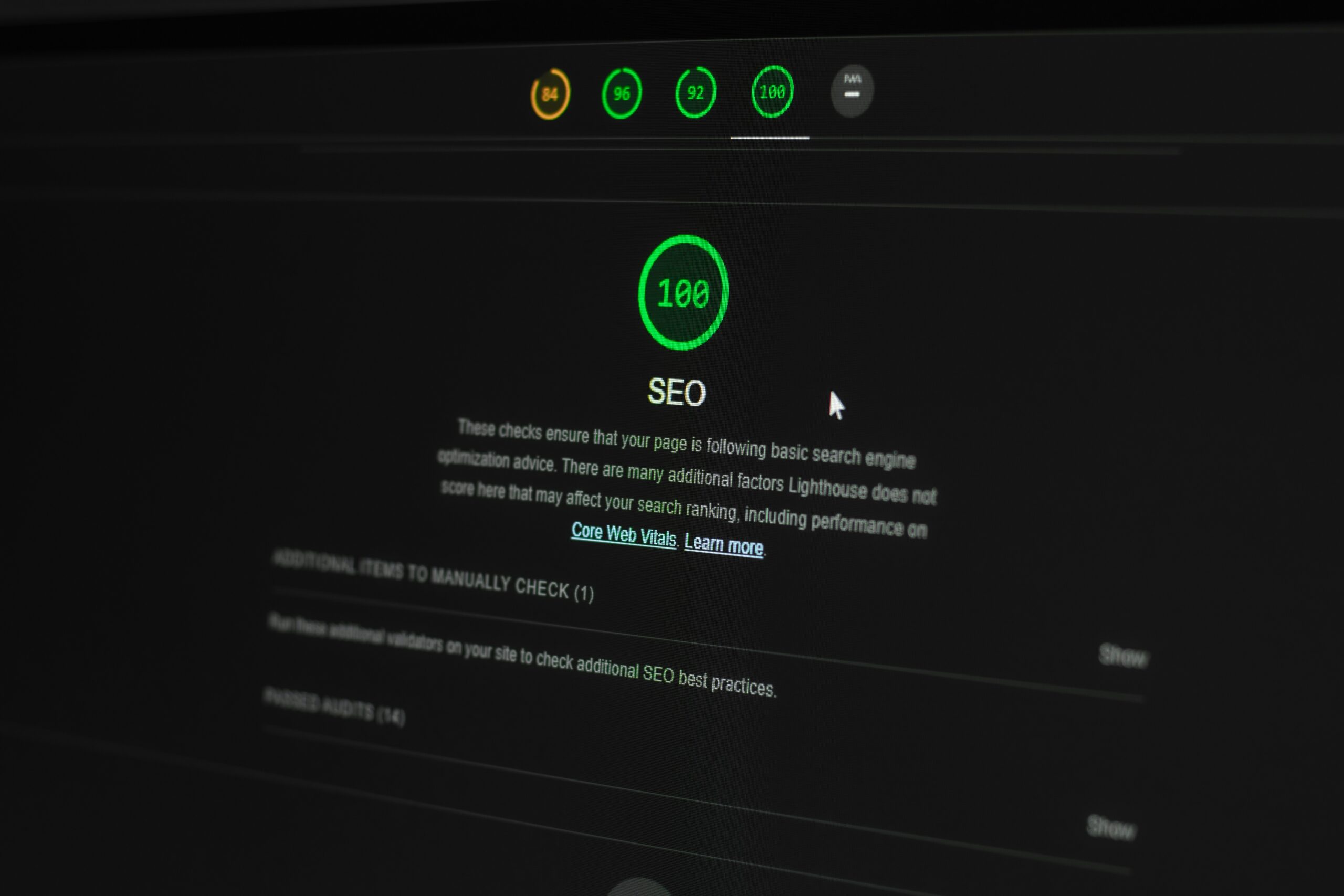Why Most Agencies Fail and How You Can Avoid Their Pitfalls
July 30, 2025 | by qqvmedia.com


Understanding the Common Challenges Faced by Agencies
Many marketing agencies encounter significant hurdles that hinder their long-term success. One of the foremost challenges is poor client management, which manifests in various ways. Agencies often struggle to maintain effective communication with clients, leading to misunderstandings and unmet expectations. A failure to establish clear goals and deliverables can result in dissatisfaction and client attrition. Therefore, nurturing client relationships is critical for sustained success in the competitive marketing landscape.
Financial planning also poses a significant challenge for many agencies. Without an understanding of budgeting and cash flow management, agencies may find themselves in precarious financial situations. This can be compounded by a lack of forecasting and the necessary adjustments made to align with market trends. Proper financial management is integral, as it allows agencies to allocate resources effectively and invest in growth opportunities without jeopardizing stability.
Another prevalent issue is the absence of a clearly defined niche. Agencies that attempt to serve a broad market may dilute their expertise and struggle to differentiate themselves. Specializing in a specific area can enhance credibility and attract ideal clients, fostering deeper engagement and loyalty. Understanding the unique selling propositions of an agency’s services not only cultivates a strong brand identity but also positions the agency favorably in the eyes of potential clients.
Lastly, the failure to adapt to market changes significantly affects an agency’s longevity. The marketing landscape is dynamic, with trends and technologies evolving rapidly. Agencies that resist change and fail to innovate may find themselves outpaced by competitors. Flexibility and a willingness to embrace new strategies, tools, and platforms are vital for keeping pace with industry developments and meeting the shifting needs of clients.
The Importance of Effective Client Relationships
In the competitive landscape of marketing agencies, establishing and nurturing effective client relationships is paramount to achieving long-term success. Strong client partnerships not only enhance client satisfaction but also foster loyalty, which in turn can lead to invaluable referrals. Such relationships help bridge the gap between client expectations and agency delivery, which is critical in preventing the common pitfalls that result in agency failures.
One key strategy for building robust client relationships is ensuring effective communication. Agencies must prioritize open dialogue, actively engage with clients, and be receptive to their concerns. Regular check-ins and feedback sessions can create a collaborative atmosphere, empowering clients to share their thoughts and expectations. This level of engagement can foster a sense of partnership and trust, transforming a transactional relationship into a more meaningful collaboration.
Setting clear expectations from the outset is another fundamental aspect of building strong relationships. Both parties should have a mutual understanding of project goals, timelines, and deliverables. By documenting these expectations in a formal agreement or project brief, agencies can mitigate misunderstandings and create a solid foundation for future interactions. This clarity enables clients to feel more assured that their objectives are being prioritized and will be met promptly.
Moreover, consistency in delivering value is essential for maintaining trust with clients. Marketing agencies should strive to exceed client expectations by providing regularly updated reports, demonstrating measurable results, and adjusting strategies based on performance data. This commitment shows clients that their success is a priority for the agency, thus reinforcing a strong working relationship.
By focusing on effective communication, setting clear expectations, and consistently delivering value, marketing agencies can cultivate lasting client relationships that ultimately drive success and sustainability in a challenging industry. These practices can help mitigate common agency failings related to poor engagement, allowing agencies to thrive.
Financial Management: The Backbone of Agency Sustainability
Effective financial management serves as the cornerstone for any successful marketing agency. Without a robust financial framework, agencies often struggle to maintain operational efficiency and sustainability. This integral aspect encompasses various components, including budgeting, cash flow management, and the establishment of contingency plans.
Budgeting is the first critical step. A well-structured budget not only guides agencies in allocating resources but also helps in anticipating future expenditures. By setting clear financial goals and closely monitoring actual performance against these benchmarks, agencies can achieve better decision-making and resource optimization. It is essential for agencies to revisit and revise their budgets periodically to adapt to changing market conditions, thereby safeguarding against unforeseen challenges.
Cash flow management is another vital element that directly influences an agency’s ability to thrive. Positive cash flow ensures that an agency can meet its obligations while continuing to invest in growth opportunities. Agencies should implement systematic tracking of their receivables and payables to gain clarity on cash flow patterns. Tools such as cash flow forecasts can enable agencies to predict potential shortfalls and strategize accordingly, allowing them to weather economic fluctuations effectively.
Moreover, having a contingency plan is crucial for navigating unexpected financial crises. Agencies should establish reserves or lines of credit to cushion against downturns in revenue or delays in client payments. This proactive strategy not only enhances financial stability but also empowers agencies to seize opportunities without the immediate constraint of cash limitations.
Avoiding common financial pitfalls, such as underestimating expenses or neglecting to plan for seasonal fluctuations, is key to ensuring sustainability. By prioritizing sound financial management practices, marketing agencies can not only survive but thrive in a competitive landscape, fostering long-term viability and growth.
Adapting and Evolving: Staying Relevant in a Changing Marketplace
In today’s fast-paced business environment, marketing agencies must prioritize innovation and adaptability to ensure long-term success. The ability to stay relevant depends on an agency’s commitment to understanding industry trends and consumer behavior. This requires continuous research and analysis to recognize emerging patterns, technological advancements, and shifts in client expectations. By cultivating a culture of curiosity, agencies can foster an environment where team members feel encouraged to explore new ideas and solutions.
Embracing new technologies is a critical component of remaining competitive in the marketing landscape. Agencies should invest in tools and platforms that streamline workflows, enhance collaboration, and promote data-driven decision making. This might include adopting marketing automation software, utilizing analytics to measure campaign effectiveness, or exploring artificial intelligence to personalize customer interactions. By leveraging these technologies, agencies can improve service offerings and provide clients with more value.
Additionally, refining service offerings is essential for adapting to changing needs in the marketplace. Agencies must regularly evaluate their existing services and assess how they align with current industry demands. This could involve expanding into new areas such as digital marketing, content creation, or performance analytics. By diversifying their services, agencies can appeal to a broader client base and mitigate risks associated with market fluctuations.
To create a culture of adaptability, leaders within marketing agencies should encourage open communication and collaboration among team members. Implementing regular brainstorming sessions, feedback loops, and training programs can help nurture creativity and innovation. By providing employees with the tools and knowledge they need to adapt, agencies can ensure they remain relevant and competitive in a continually evolving marketplace.
RELATED POSTS
View all

